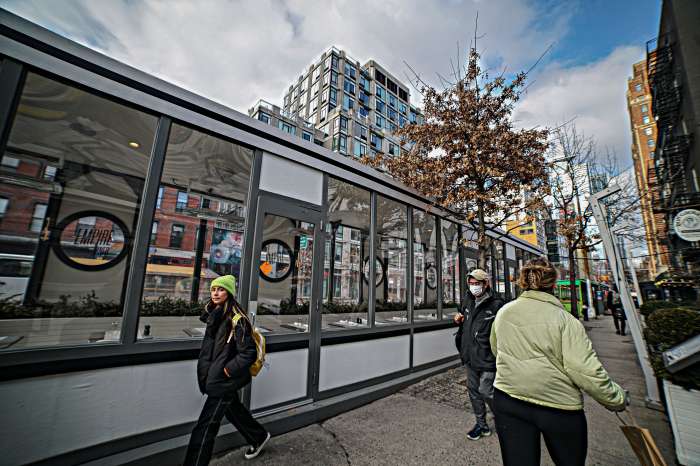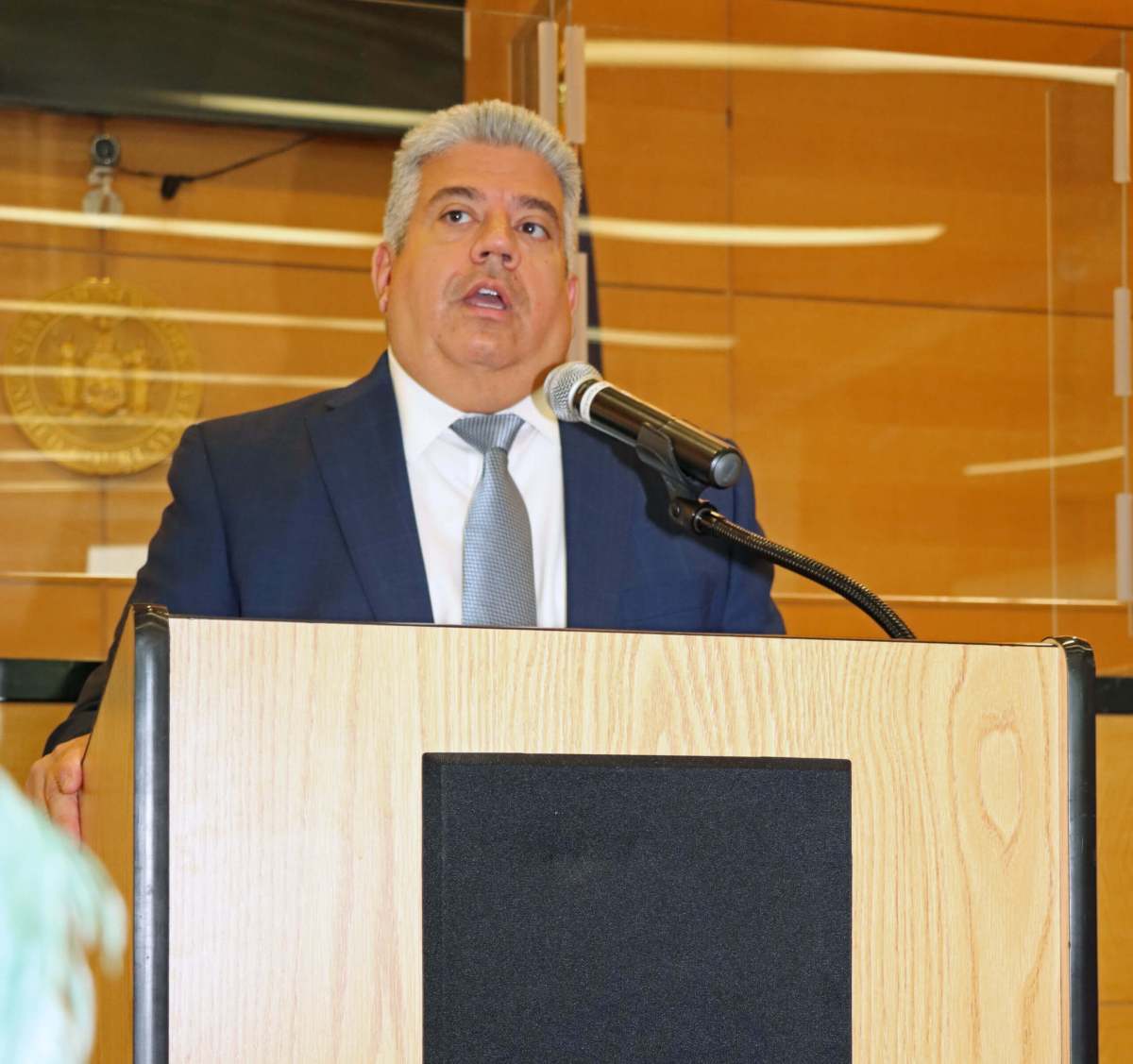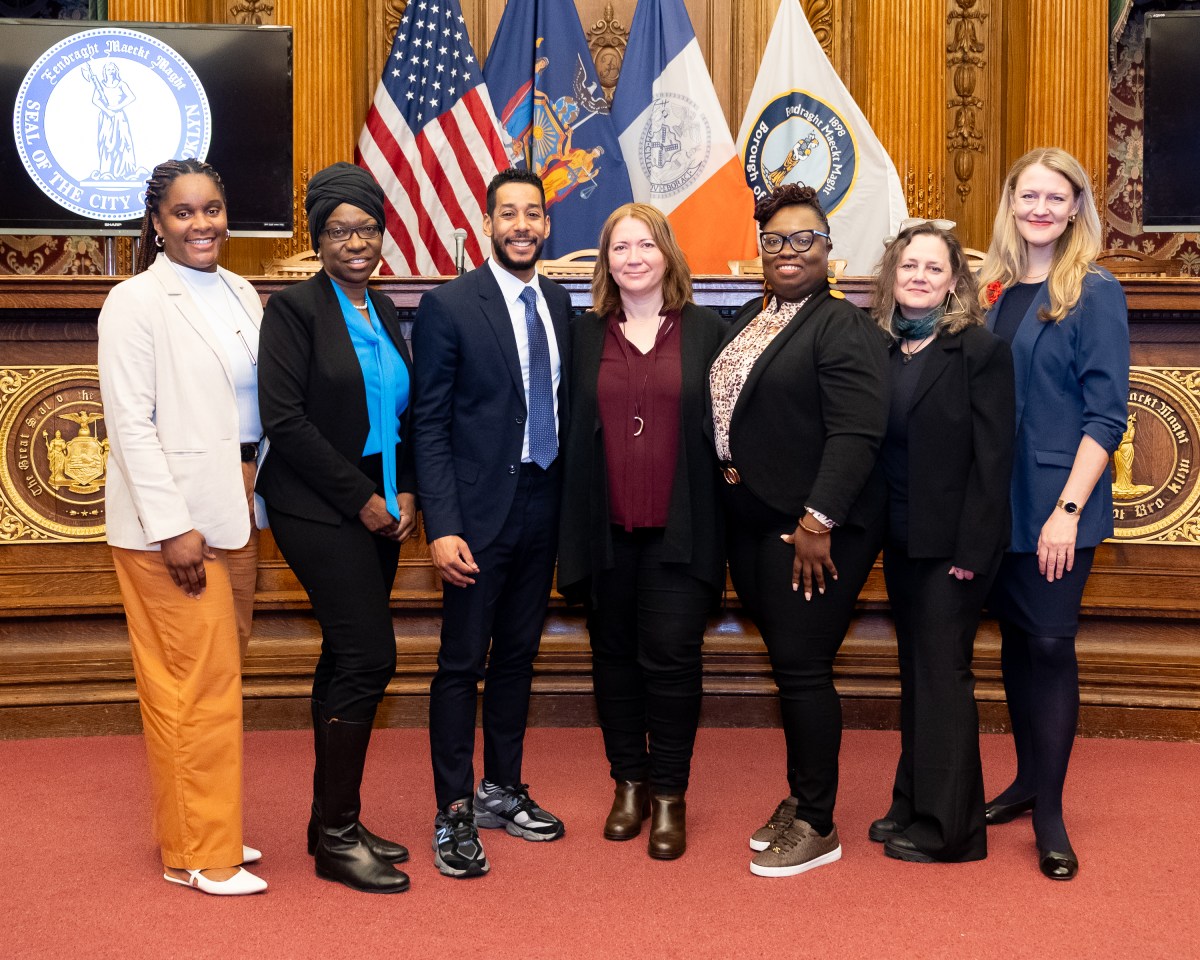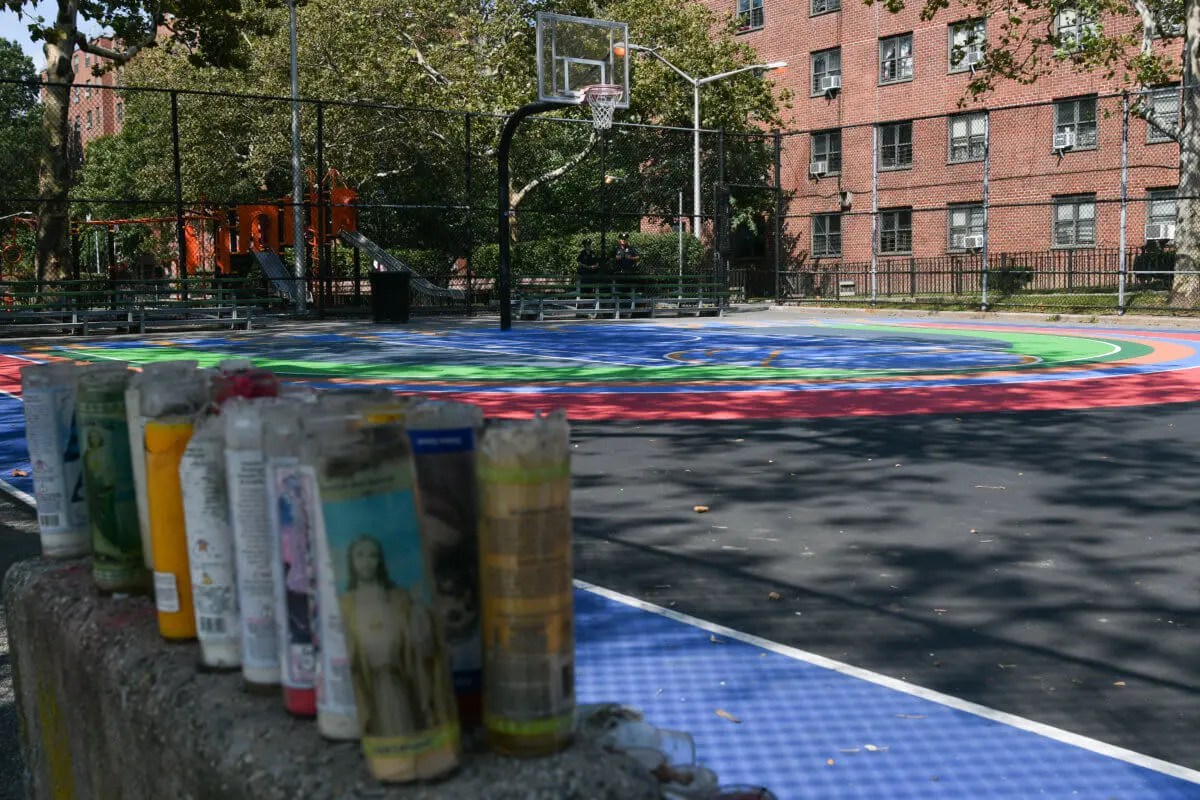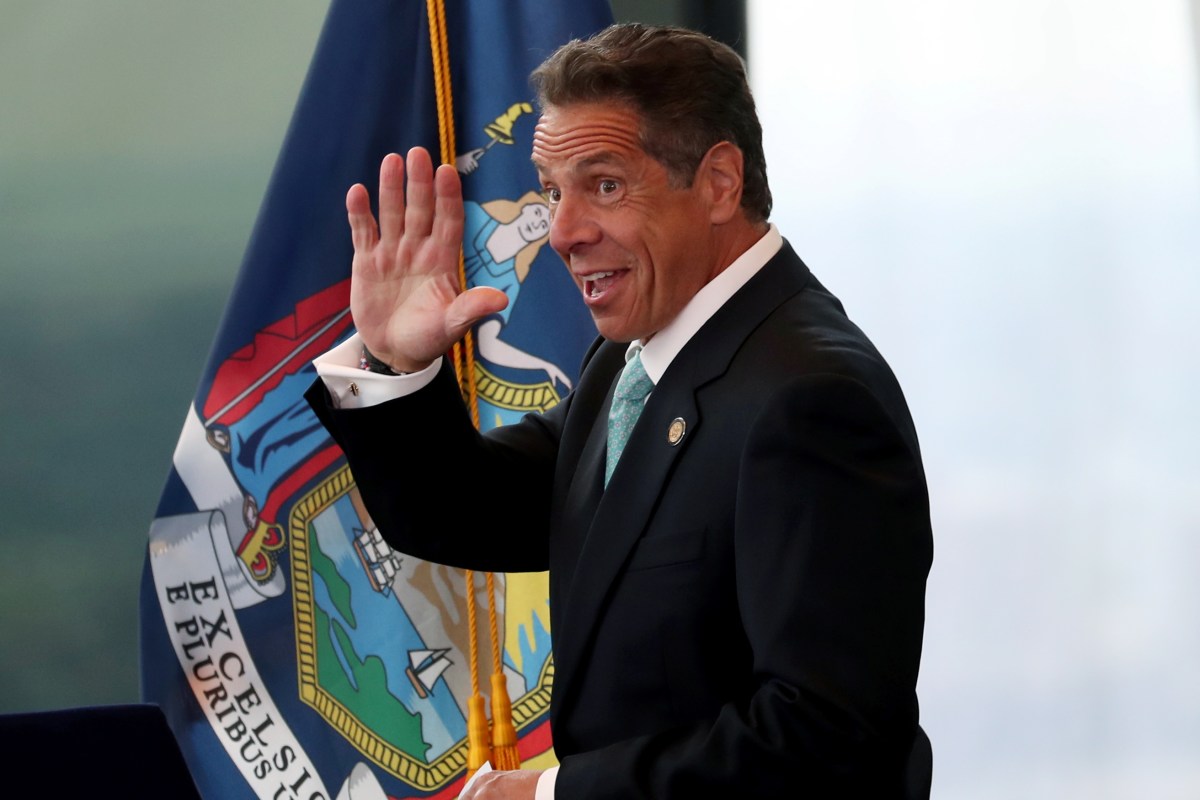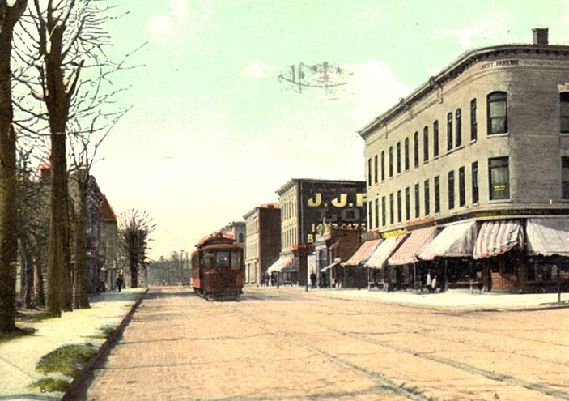With New York continuing to see development happening throughout the state, whether in the form of housing, infrastructure, or clean energy, it is imperative that we adapt our approach to ensuring that the hardworking tradesmen and tradeswomen driving these projects are appropriately compensated.
This includes expanding prevailing wage measures across more projects, especially in the private sector. Private sector construction employment in New York City alone is set to grow by over 22,000 new jobs within three years and applying prevailing wage to these projects would help open middle-class careers for hardworking tradespeople. However, the New York State law surrounding the implementation of prevailing wage in the private sector is not effective enough to adequately ensure this.
Section 224-a of New York’s labor law, which was enacted in 2020, expanded NYS Prevailing Wage Law coverage and requirements to private construction projects valued at over $5 million with at least 30% of the total construction project costs subsidized by public funds. But it has become clear that this threshold is not working, and that the public subsidy board appointed to determine which of these private projects would fall under prevailing wage is at its best ineffective and at its worst, a roadblock. Since the measure was finally implemented in 2022, merely 6 projects have met these requirements.
This is why our leadership in Albany must work to amend 224-a to better fit the current nature and trajectory of private construction in New York. The threshold for this prevailing wage requirement must be updated so that it encapsulates more projects, and the subsidy board must be abolished. If New York taxpayers are helping to foot the bill, they’ll want to know those doing the work are appropriately compensated for it.
The Building Trades commissioned the highly reputable Siena College Research Institute to objectively poll the public’s perception of this issue. They found that 77% of registered voters in New York support prevailing wage measures for private projects receiving as little as $1 million in public subsidies. Adjusting 224-a will see more private development fall under prevailing wage requirements, improving pay and benefits for thousands of workers.
No matter if the project is public or private, all construction workers deserve to receive fair and livable wages that enable them to support their families and ascend to the middle class, a sentiment most New Yorkers agree with. The same Siena poll found that 73% of voters support requiring prevailing wage on all public construction projects, while 66% also support the same requirement for private development receiving taxpayer subsidies.
Bad actors and unscrupulous contractors will continue to say that prevailing wage is holding back economic growth and hurting business, but that could not be further from the truth. Construction workers in states with strong or average prevailing wage laws make nearly $12,000 more per year on average than construction workers in states with weak or no prevailing wage laws, with far less of those with prevailing wage falling near the poverty line.
Time and time again, the efforts of the unionized construction industry have shown how collective bargaining agreements and prevailing wage can help bridge gaps in wages and generate overall wealth for families from our most underserved communities. This in in turn improves the livelihoods of blue-collar workers and strengthens our larger economy.
The initial adoption of 224-a was done with good intentions and recognition of the value of prevailing wage for our workforce, but it has become clear that expansions and reassessments need to be made for it to properly make an impact. All the indicators are that the private construction sector in New York will continue to add jobs in the coming years and it’s critical that we ensure more of those workers have access to prevailing wage. Not only is it in the best interest of our tradesmen and tradeswomen, but the possibility of prevailing wage will also attract a skilled and efficient workforce to complete these projects in a timely and professional manner, which will only be a benefit to developers.
With a new legislative session upon us, New York has an opportunity to build on the foundation laid by the current iteration of 224-a and expand prevailing wage on these upcoming private developments. Paying for honorable, family sustaining wages for skilled work should not be up for debate, especially on any projects receiving taxpayer subsidies. Properly compensating hard working people and making the middle class accessible to everyone is an investment in our economy and overall future, and we need more private developers to do their part.
Gary LaBarbera is the president of the New York City and New York State Building Trades
Read More: https://www.amny.com/oped/





